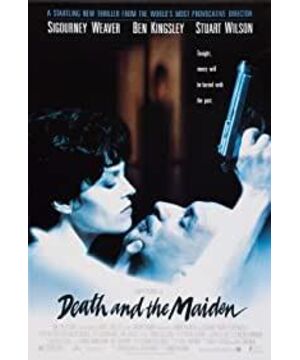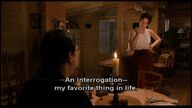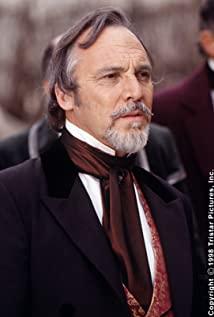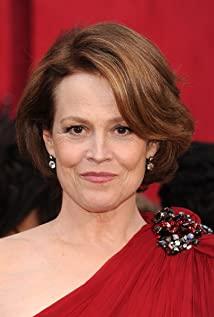"Immoral Judgment" has the feeling of watching a drama, and the killing is even worse. This film is said to be adapted from a drama. I haven't found the original version and I don't know what the original version is. The reason why I say this is because I think It's more like Roman Polanski's
Unconscious and unconscious autobiography, self-narration, 1977, rape, truth, nervousness, fantasy criminals, judges, abnormal trials, all seem to be indictment.
I feel that this film is an in-depth analysis of Ni Cai's "The Other Side of Good and Evil". Radish may be a Nietzsche fan. Ni Cai said at the beginning - the will of truth is destined to induce us to do many adventures: the heroine who desires the real murderer Steal the car, tie up the doctor.
Then comes a morality, an ideology—a distaste for dictators, kidnapping others with self-disciplined morality.
All three of them stare at the cliff, and at the end they stare at each other again in the theater, and have to remind me of Nietzsche: when you stare into the abyss, the abyss also stares at you. The film looks like it was written around staring into the abyss, with a twist in each staring story.
The first stare was when the heroine ran away from home and pushed the stolen car to the cliff, and the car was swept away by the vortex in an instant. After that, the immoral trial began, and the story began to climax.
The second time the so-called murderer did not provide strong evidence, the heroine determined that he was the murderer, and untied the doctor's cloth on the edge of the cliff, and the doctor stared into the abyss. The husband called and learned that the doctor was indeed not in the city in 1977, and the doctor's life seemed to be turning around.
Staring for the third time, the doctor said these confessions, which angered the husband, who immediately pulled the doctor to look at the cliff again. The husband can't do it, the heroine is gone, and nothing is left.
Fourth time in theaters, no clue.
The doctor wiped herself clean and played her favorite music to relax her was a good thing, but in the end it was no different from other abusers, a bad thing. The lawyer symbolizes law, and the hostess symbolizes morality. It is justice to listen to an accused defending himself, and a dictator is unjust.
It is an examination of the battle between good and evil, law and morality, justice and injustice, and an examination of the self. In Nietzsche's words, beyond good and evil, to go beyond morality. Perhaps the best explanation for the ending.
View more about Death and the Maiden reviews











